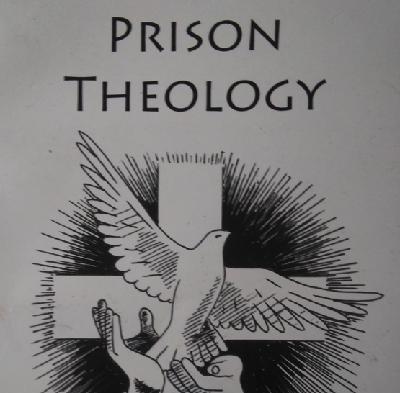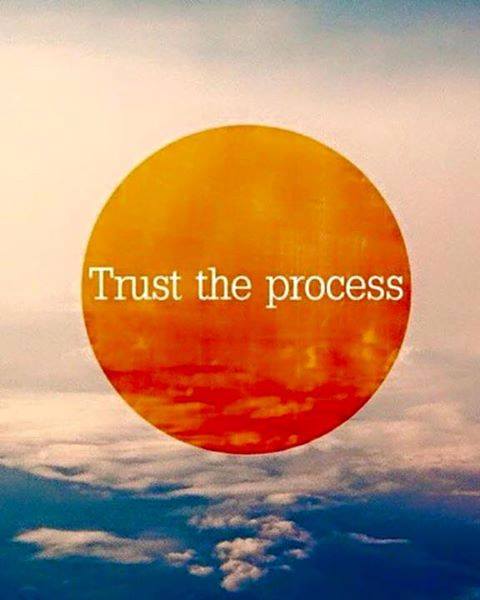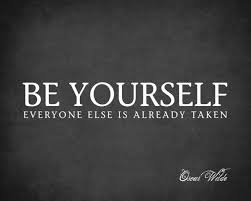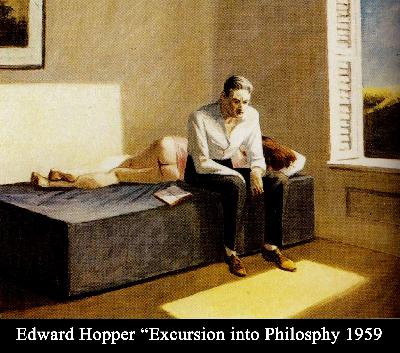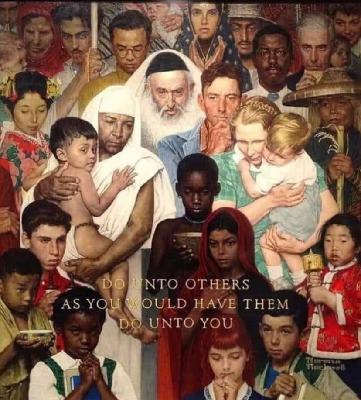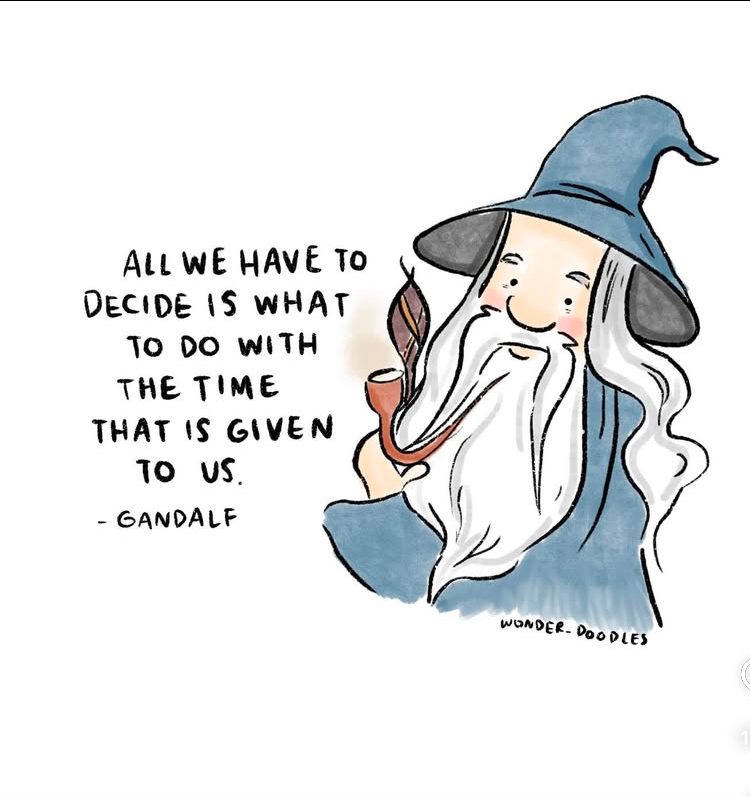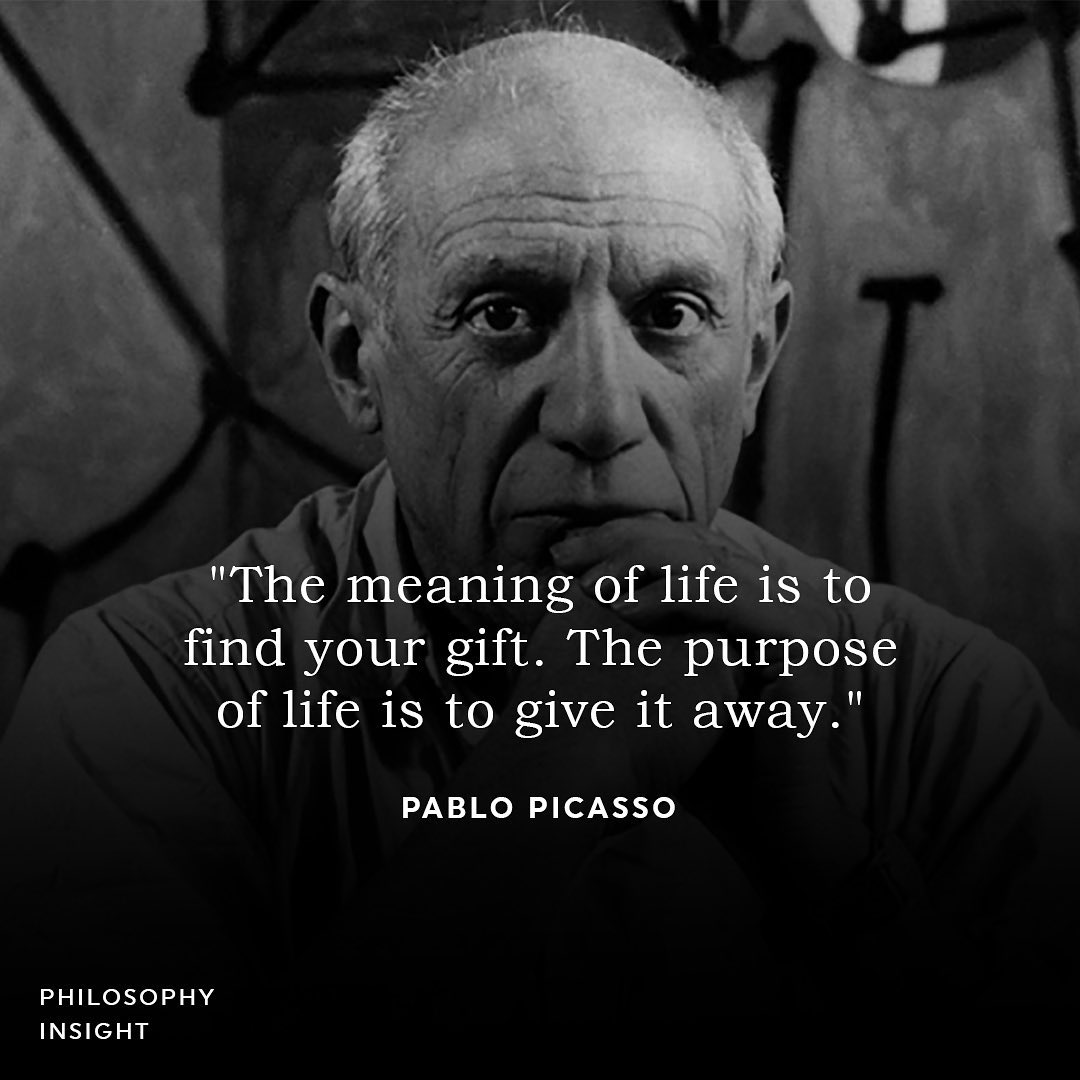Questions of Authenticity and Meaning in Work: Examination Through A Jewish Lens with Rabbi Jessica Minnen
Description
Rabbi Jessica Minnen and Joel sit for a deep examination of work and the different forms work takes for us as human beings.
Rabbi Jessica and Joel start with discussing Torah and the teaching of G-d's Work (i.e., Six (6) Days of Creation) and G-d's Rest, and how that relates to Shabbas:
- The conversations about the Shabbas Hebrew shoresh (i.e., root of the word) 'shin, bet, and taf' (i.e., Shabbas)
- From the teaching of Shabbas, the thirty-nine (39) forms of Melachot (i.e., work) are discussed, and Melachot is outlined as work forbidden on Shabbas.
- The definition of the thirty-nine (39) Melachot comes from the work required to create the Mishkan (i.e., Tabernacle) and that specific work defines what work is not allowed on Shabbas.
Also discussed is the relationship between work and destiny, and the spirituality of work.
An excerpt from Pema Chodron 'nothing leaves us before it teaches us what we need to know' suggests the work required in human relationships and the teaching of Reb Soloveitchik are also discussed: two stories of creation in Torah point to two ways to relate to the world and two kinds of work: physical and spiritual.
Work and its relation to authencity and authenic expression versus Quid Pro Quo are contrasted, as well as women in work from a Judaism perspective, evolution of women and work and practical consideration.
The organization 'One Table' is mentioned, helping young people access Shabbas Dinner experiences.
Plato's teaching of the Soul with Two Faces and its relation to the Jewish teaching of Bashert and Kabbalah.
Lanie Gardner as an example of authencity in work.
Tzelem Elokim (i.e., humans are created in the image of G-d) posits that because God creates, we too are meant to create.
Are we called to create in work through destiny or do we work to pay bills and solve practical problems.
Work is revealed in it own time.
Marcus Aurelius 'the obstacle is the door.'
Chappell Roan and their NPR Tiny Desk.
How to make work meaningful for all.
Seattle Grunge scene in the early 1990s an an authentic expression of music and work.
The shoresh 'aleph, lamed, and chaf' (i.e., from Melachot) ties to 'dispatching for a purpose' and the root ties to the Hebrew work for 'Messenger' and/or 'Angel'- that work offers purpose, and can give one a sense of mission that ties into intention and service.
About Rabbi Jessica Minnen
Rabbi Jessica Minnen is a writer, ritualist, and liturgist committed to the discipline of delight.
Inspired by user-centered design, she consults with organizations across the country to create, deliver, and scale transformative Jewish learning. Jessica is a sought-after educator who has taught for Hillel International, Jewish Federations of North America, JCC Association of North America, Foundation for Jewish Camp, and Birthright Israel, among others. She was a part of the founding team of OneTable where she served as Rabbi in Residence from 2014-2021, and now works as a Senior Education Specialist with Momentum where she focuses on introducing women around the world to Jewish values through an immersive Israel experience, regional retreats, cohort-based learning, and a daily companion app.
Originally from Paducah, Kentucky, Jessica is an alumna of Washington University in St. Louis, the Pardes Institute of Jewish Studies, Paideia: The European Institute for Jewish Studies in Sweden, and Baltimore Hebrew University. She is a past Fellow of the Shalom Hartman Institute’s Women’s Leadership Mission and the Ruskay Institute for Professional Leadership and received rabbinic ordination from the Jewish Theological Seminary in 2013.
Jessica lives in Denver, Colorado and is mom to one amazing dog and one amazing human.





